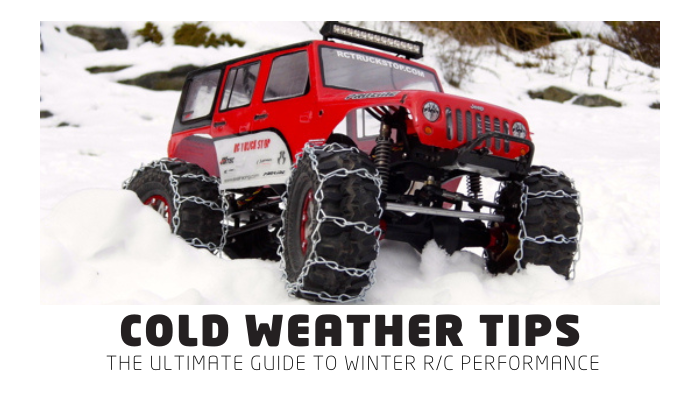-
Traction Issues: Snow and ice reduce traction, making it challenging for R/C cars to grip the surface. Specialized winter tires with spikes or unique tread patterns provide better traction on slippery surfaces. Adjusting tire pressure can also enhance grip on soft terrains like snow.
-
Plastic Brittle in Cold: The cold temperatures can make plastic parts of the R/C car more brittle. Driving aggressively or experiencing collisions in cold weather may lead to increased chances of breakage. A more controlled driving style can help prevent damage to the car’s components.
-
Lubrication and Maintenance: Cold temperatures can affect the viscosity of lubricants. Using winter-friendly lubricants and regularly maintaining and lubricating moving parts like gears and bearings prevent them from freezing or getting stuck.
-
Terrain Selection: Not all terrains are suitable for winter RC driving. Deep snow, slush, or areas with uneven and icy surfaces can pose challenges. Choosing open areas with packed snow or frozen surfaces provides a better environment for RC car operation.
-
Post-Run Maintenance: Winter conditions often involve exposure to snow, ice, and salt. Cleaning the R/C car thoroughly after each winter run is essential to remove these elements and prevent corrosion. Drying the car completely before storage helps maintain its longevity.
-
Performance Optimization: Winter R/C driving requires adjustments to maximize performance. Choosing four-wheel-drive (4WD) cars, using spiked or snow-specific tires, and adjusting driving styles are all ways to optimize performance in cold conditions.
In summary, driving R/C cars in the winter provides a unique and enjoyable experience, offering challenges that can enhance your skills, foster community engagement, and extend the fun of R/C driving throughout the year. But most importantly, we think it makes the cold winter a little more tolerable!





